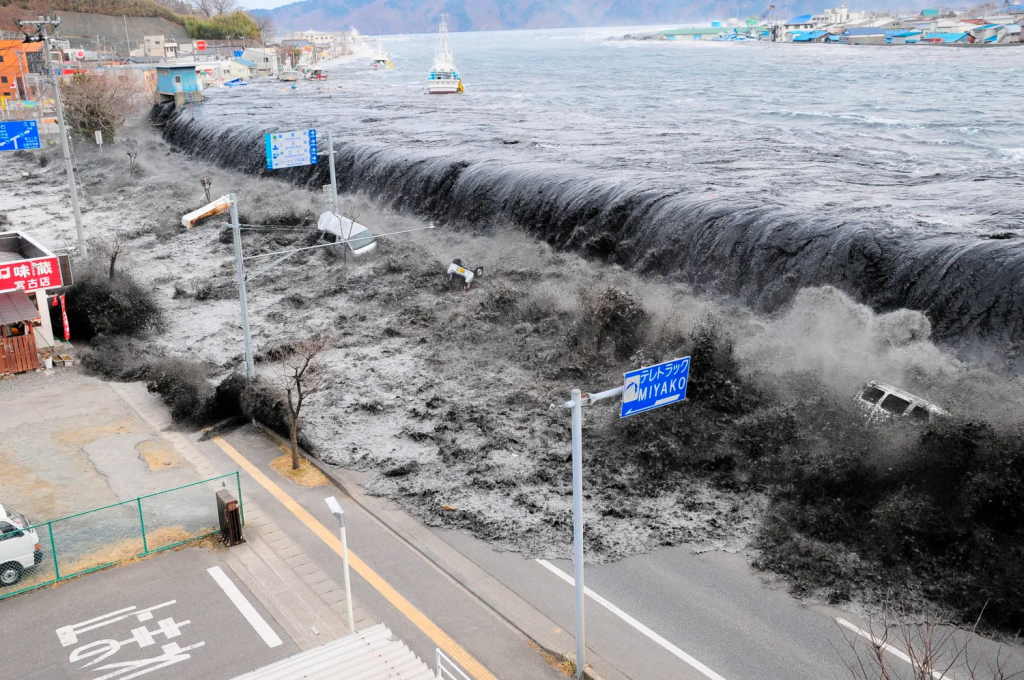Tourist Arrivals to Japan Plunge Amid Rumors of July 2025 Disaster
Japan’s tourism industry is facing an unexpected downturn from Hong Kong and other Asian markets due to the widespread circulation of an unfounded rumor predicting a catastrophic disaster in Japan on July 5, 2025. Despite repeated scientific clarifications debunking the claim, anxiety fueled by social media and online influencers has severely impacted travel plans, leading airlines to cut back on flights and tourism businesses to scramble for solutions.

Rumor Origin and Spread
The false prediction originated from interpretations of a Japanese manga story that portrayed Japan being struck by a giant tsunami. This fictional scenario was amplified by YouTubers and influencers, gaining extraordinary traction especially in Hong Kong. The situation was exacerbated by local cultural sensitivities to feng shui predictions and recent real-world events — including updates to Japan’s Nankai Trough Earthquake Damage Estimates and a major earthquake in Myanmar — which heightened public fears.
Social media platforms accelerated the rumor’s spread:
- NHK’s analysis revealed that over 1,400 videos related to the “July 2025” prediction had accumulated more than 100 million views on YouTube.
- TikTok hosted over 50 related videos, collectively seen more than 40 million times.
- In Chinese-speaking regions, especially Hong Kong and Taiwan, over 220 Chinese-language videos further magnified the anxiety, surpassing 52 million views.
Adding to the alarm, China’s Embassy in Tokyo issued a notice advising travelers to exercise caution, a move interpreted by some Hong Kong media as validation of the false rumor.
Impact on Tourism and Airlines
The tangible effects on Japan’s inbound tourism from Hong Kong have been stark:
- Airlines like Greater Bay Airlines and Hong Kong Airlines are slashing services.
- Tokushima’s newly inaugurated flights from Hong Kong, launched in late 2023 with hopes of boosting regional tourism, will be reduced to two weekly flights starting May 2025.
- Flights to Sendai, Fukuoka, and Sapporo will also see cuts.
- Hong Kong travel agencies report that bookings for Japan trips during summer 2025 have collapsed to nearly half of 2024 levels.
- Alternative destinations like Thailand, Taiwan, Australia, and Dubai are reportedly picking up the diverted tourist demand.
The trend is notable given Japan’s previous standing as the top international travel destination for Hong Kong residents. In 2023, approximately 2.68 million Hong Kongers visited Japan — representing about a third of Hong Kong’s total population — setting an all-time record.
Public Reaction
Interviews with Hong Kong tourists at Japanese airports revealed consistent themes of unease:
- A 30-something couple expressed plans to delay Japan travel until after July.
- A female tourist in her 30s said she would travel to Thailand instead of Japan this summer out of caution.
- A frequent traveler couple in their 50s decided to suspend their usual trips to Japan after being influenced by the rumor-laden social media landscape.
Many cited not only the disaster prediction itself but a broader fear of experiencing earthquakes — a relatively unfamiliar phenomenon in Hong Kong.
Scientific Community’s Response
Japan’s Meteorological Agency firmly reiterated that, based on current science, it is impossible to predict the exact date, time, or location of an earthquake or volcanic eruption. Experts like Professor Naoya Sekiya from the University of Tokyo stressed that such rumors are part of a historical pattern of unscientific disaster myths, likening it to the infamous “Nostradamus prophecy” and the “2012 Mayan calendar” scare.
Sekiya emphasized that preparedness, not panic, should be the public’s focus:
“Even if a disaster occurs in July, it would not validate these predictions. Disasters are inherently unpredictable. We must work toward creating a resilient society that can confidently say, ‘Even if something happens, we are ready.’”
Broader Concerns
With false rumors now being disseminated internationally at unprecedented speeds thanks to SNS platforms like YouTube and TikTok, the Japanese government and tourism industry face the dual challenge of combating misinformation and reassuring potential visitors.
The Japan National Tourism Organization (JNTO) is closely monitoring developments, noting a 9.9% drop in March 2025 in tourist arrivals from Hong Kong compared to the previous year, though part of that decline is attributed to a shift in Hong Kong’s holiday schedule.
Tour operators in Hong Kong are taking extraordinary measures to win back travelers, including offering free children’s fares and full refunds for trips canceled due to earthquakes exceeding magnitude 5. Nevertheless, concerns linger that the reputational damage could cast a shadow over Japan’s 2025 inbound tourism performance well into the autumn season.